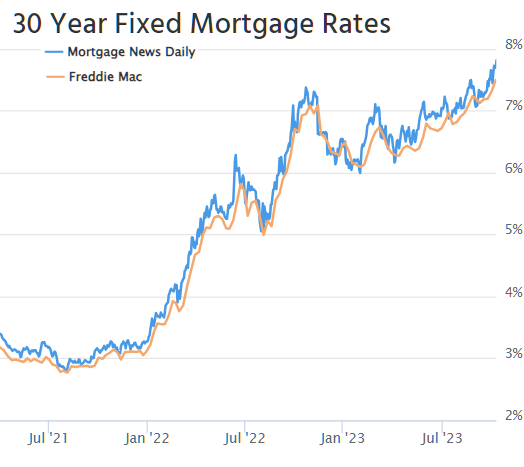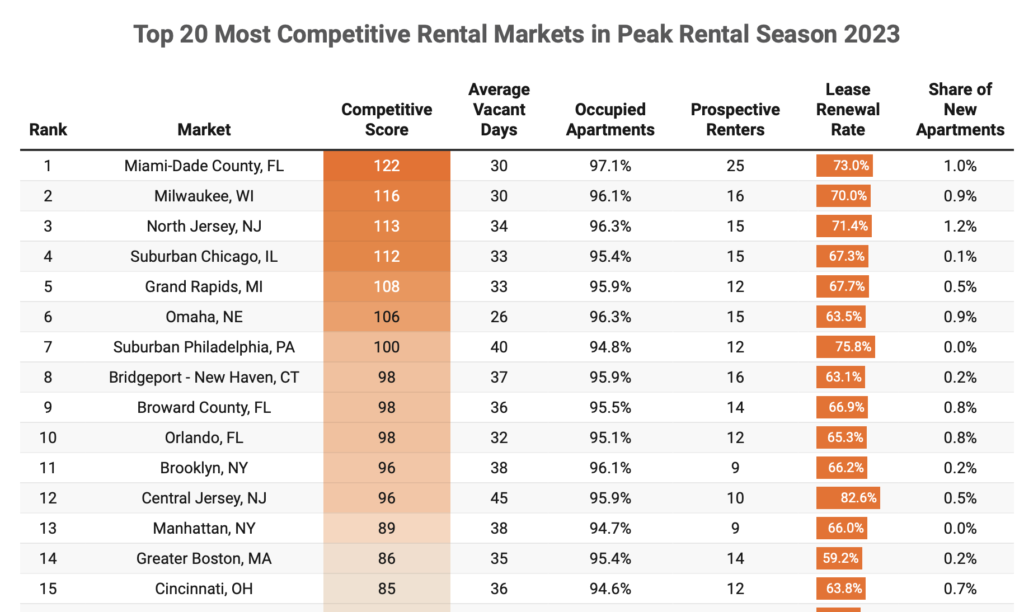From the New York Post:
Broker commission system that charges up to 6% could face antitrust probe
The moneymaking real estate-commission system where brokers pocket as much as 6% of a sale — and critics charge inflates home prices — could face a federal antitrust probe after a years-long investigation, people familiar with the matter told Bloomberg.
The reported scrutiny by the Justice Department comes amid two private class-action lawsuits that look to loosen the stranglehold the powerful National Association of Realtors has over the residential housing market.
The NAR — the trade and lobbying group which most real estate brokerages are required to join — controls many of the country’s multiple listings services, an essential industry tool that aggregates properties available for sale in a given region.
The Justice Department has turned its focus to the real estate commission-sharing system that bakes in a 5% to 6% cut of the sale, which is split between the seller’s and buyer’s agents, according to Bloomberg.
The system, which is largely unique to the US, pushes up the overall price of homes, critics contend.
The difference in commission prices costs a US seller listing their home for $416,100 house — the median price of a house in the US, according to Federal Reserve data — about $14,000 more than it does in the other countries.
The Justice Department “is concerned about policies, practices, and rules in the residential real estate industry that may increase broker commissions,” the agency said in a recent court filing asking a federal judge in Boston to delay her decision two months on a potential settlement in a separate antitrust suit challenging commission rules.



